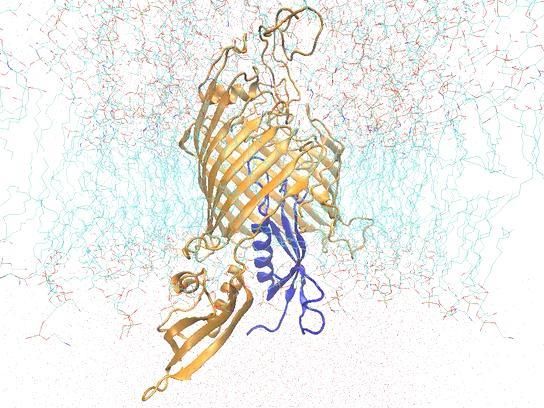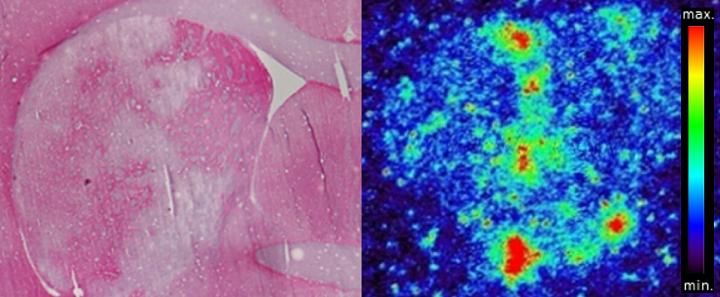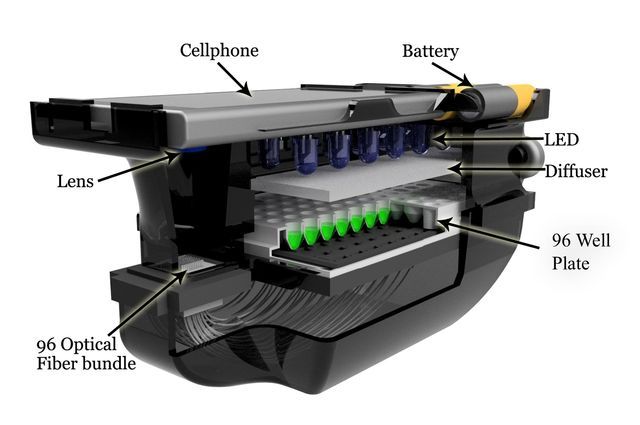Epigenomics AG Completes U.S. Clinical Validation Study for Colorectal Cancer Blood Test Epi proColon
Epigenomics AG reported the completion of the clinical validation study for its second-generation colorectal cancer blood test Epi proColon in the U.S. The study was designed to measure the clinical performance of Epi proColon for the detection of colorectal cancer in comparison to colonoscopy and is part of the required data package to seek regulatory approval of the product in the U.S. In the reported study, Epi proColon detected 68% of the colorectal cancer cases (sensitivity) while correctly identifying 80% of the patients free of disease (specificity). While the results of the study represent the lower end of the expected performance data, the findings of the study confirm the results obtained in a previously conducted clinical study with the first generation of the company’s Epi proColon test in the same cohort of patients.
Study subjects tested were selected from a prospectively collected cohort of 7.940 individuals, defined as being at average risk for colorectal cancer by current screening guidelines and who underwent colonoscopy for colorectal cancer screening. The tested study cohort included 45 cancer cases. All plasma samples selected were blinded, randomized, and tested with Epi proColon at three independent laboratories in the U.S.
After consultation with the U.S. Food and Drug Administration (FDA), the company confirmed that the clinical data would be assessed as part of the regular Premarket Approval (PMA) review process. The Company will begin the regulatory process with the FDA by submitting the first module of its PMA this month. In addition to the clinical validation study data, Epigenomics will also perform a head-to-head comparative study for colorectal cancer detection through comparison with fecal immunochemical testing (FIT) for the purpose of demonstrating non-inferiority of Epi proColon to FIT. This study will also become an integral part of the PMA submission to the FDA and is anticipated to be completed in 2012.
Other news from the department research and development

Get the life science industry in your inbox
By submitting this form you agree that LUMITOS AG will send you the newsletter(s) selected above by email. Your data will not be passed on to third parties. Your data will be stored and processed in accordance with our data protection regulations. LUMITOS may contact you by email for the purpose of advertising or market and opinion surveys. You can revoke your consent at any time without giving reasons to LUMITOS AG, Ernst-Augustin-Str. 2, 12489 Berlin, Germany or by e-mail at revoke@lumitos.com with effect for the future. In addition, each email contains a link to unsubscribe from the corresponding newsletter.
Most read news
More news from our other portals
Last viewed contents

Click... Resistant bacteria caught in the act! - Scientists have succeeded in capturing unique images of protein soldiers that help bacteria resist drugs
Category:German_ophthalmologists
Carol_Shields_(ophthalmologist)
Annual_ryegrass_toxicity
Robert_Charles_Moon

Sweet nanoparticles target stroke
List_of_subjects_in_Gray's_Anatomy:_VIII._The_Lymphatic_system





















































